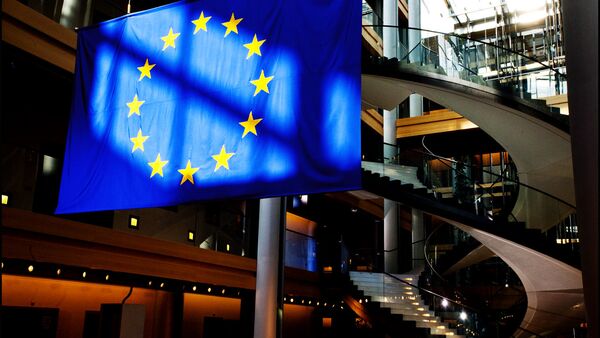"Despite today’s vote, the ratification of CETA by all of Europe’s parliaments is still the most unlikely outcome. But the disconnect between MEPs and public concerns over living standards, public health and the environment is another blow to the EU, just when its principles of solidarity and cooperation are most needed," Shira Stanton, the Greenpeace EU trade policy adviser was quoted as saying in a statement.
The environmental organization expressed concern over the rollback of social and environmental rights on both sides of the Atlantic with politicians acting in the interest of corporations.
CETA aims to establish a free trade zone between Canada and the European Union, though it has been criticized in Europe. Opponents fear it would undermine standards and regulations on environmental protection, health, safety and workers' rights.
The deal was signed in late 2016 by Canadian Prime Minister Justin Trudeau, European Council President Donald Tusk and European Commission President Jean-Claude Juncker. The European Commission, pressured by France and Germany, has stated that the agreement would also have to be ratified by all 28 EU member states, as well as the European parliament.
The agreement encountered difficulties when being ratified by Belgium due to opposition from the Walloon parliament. Belgium finally gave its signature after the federal government agreed to ask for a European Court of Justice ruling on the controversial Investment Court System (ICS) proposed by the treaty. The clause would allow multinational corporations to sue states and may be incompatible with EU law.
Never miss a story again — sign up to our Telegram channel and we'll keep you up to speed!





